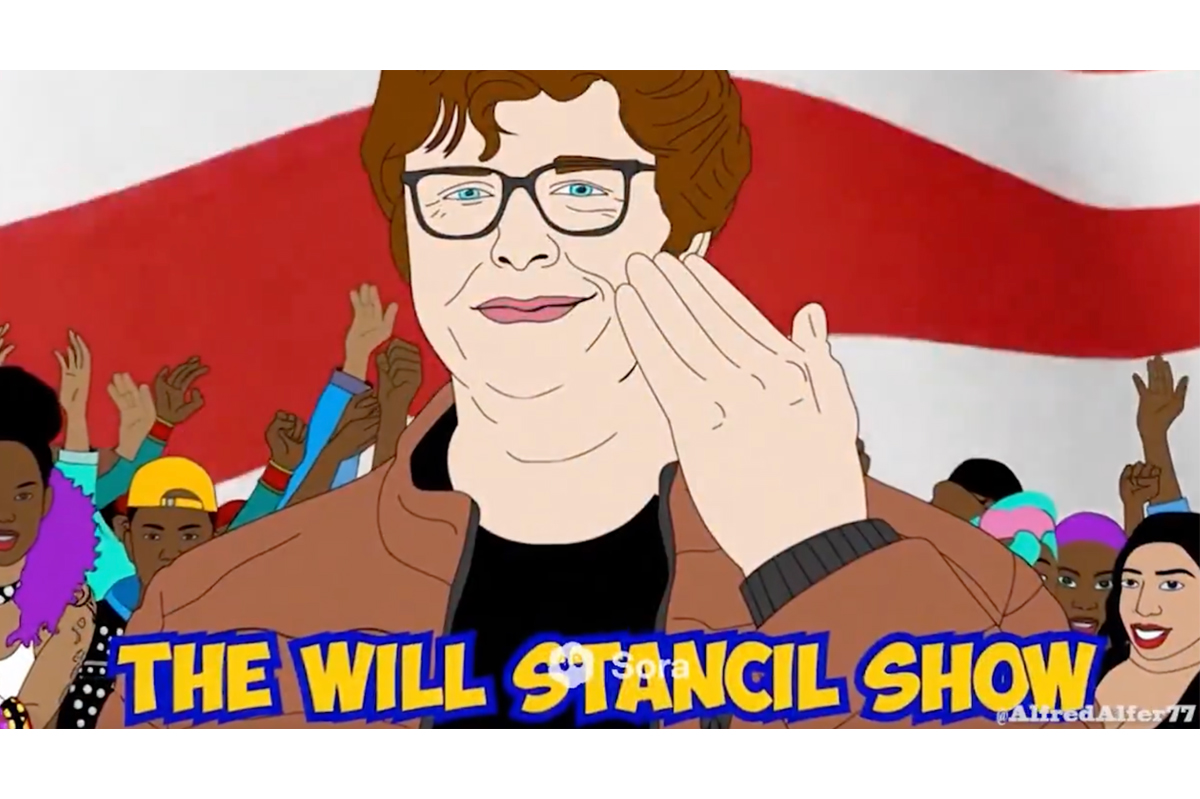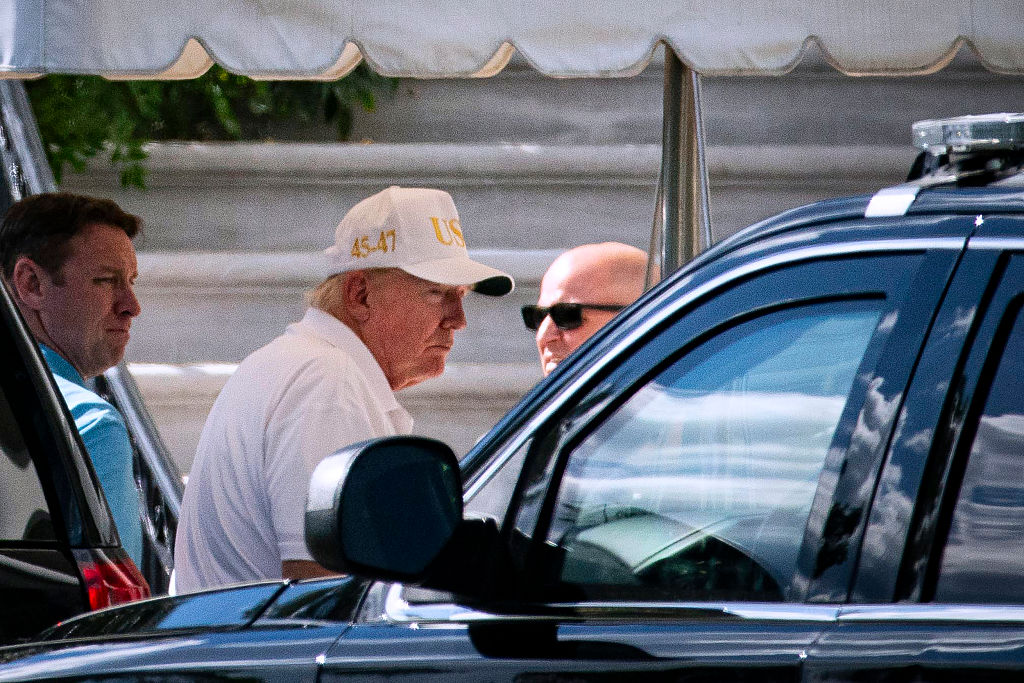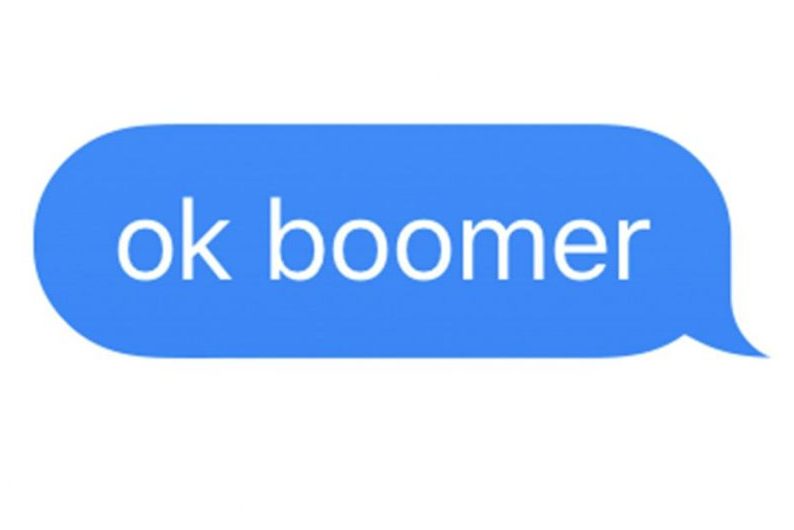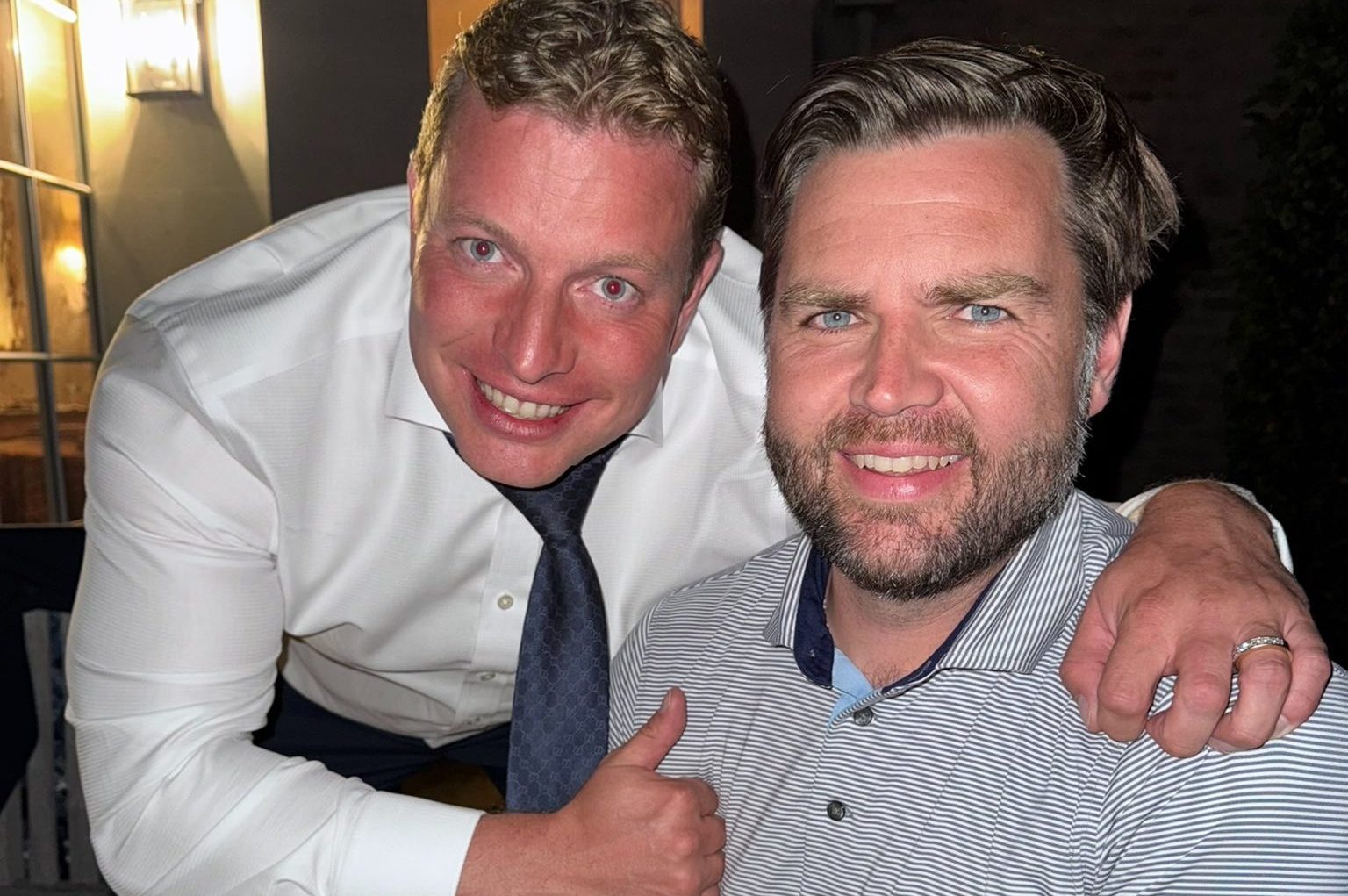What does it tell us that so many left-leaning individuals took to social media this week in order to celebrate the news that British PM Boris Johnson has tested positive for coronavirus? Others stooped even lower and openly yearned for his death, complete with triumphal emojis and GIFs. It would simply never occur to most of us to revel in the illness of a fellow human creature simply on the grounds that he or she represents a political worldview that we find repellent. So why does this instinct come so naturally to those who, barely a few weeks earlier, were hectoring their followers about the importance of compassion and peppering their tweets with the #BeKind hashtag? I’m not the only one to have noticed the increased level of vitriol on social media since the lockdown begun. If I were to speculate, I would suggest that it is symptomatic of some kind of existential crisis. In the midst of a deadly global pandemic, the fixations of culture warriors begin to seem relatively trivial. Social justice activists — whose excesses are often indulged for the sake of an easy life — are now being treated with the indifference they deserve. Given that such activists also tend to be among the most bullying and vicious types in the online world, it isn’t all that surprising to see them acting like cornered rats, lashing out with greater fervor now that they sense their imminent demise.That said, it would be unfair to suggest, as many have done, that childish outbursts and ad hominem attacks are the inevitable corollary of the left-wing mindset. As we all know by now, one of the dangers of social media is that the antics of a minority tend to be amplified, giving the false impression that humanity is a lost cause. The more extreme statements are rewarded with retweets and likes, which in turn encourages opportunists to express their views in increasingly unhinged terms. Few would be concerned if such conduct was limited to the fringes of the culture war, but this aggressive and dogmatic style of argument has migrated from social media into mainstream public and political discourse. We have seen members of parliament reduced to mudslinging in lieu of serious debate, openly comparing their opponents to Nazis, and assuming that the only explanation for disagreement must be dishonesty. We would all do well to heed the advice of Peter Boghossian and James Lindsay in their latest book How to Have Impossible Conversations. If you must make an assumption about your detractor’s intentions, they urge, ‘make only one: their intentions are better than you think’. While most of us on the left would condemn the sort of ugly attacks on Johnson since his coronavirus test results, we must reckon with the truth that such voices are often the loudest. This online barrage has been a gift to the right, who are now able — with some justification — to point out that the left have no business claiming the moral high ground. It is a sorry state of affairs when prominent commentators and politicians are tolerating — and even endorsing — the histrionics of adults who have failed to grow up. The coronavirus crisis has revealed the best in human nature. Neighbors and strangers alike are going out of their way to support each other, and over half a million people signed up to volunteer for the National Health Service within 24 hours of the appeal. The contemptible behavior of the minority who have been stockpiling groceries, or who took to social media to gloat about Johnson, should not be taken to be in any way representative of the population. But once this crisis has passed, we should make a concerted effort to elevate the quality of our political discourse. By all means the infants should be free to have their tantrums and flick bile from their smartphones, but let’s not allow them to dominate. We need the adults back in charge. This article was originally published onThe Spectator’s UK website.
The vocal minority celebrating Boris Johnson’s COVID-19 diagnosis
I’m not the only one to have noticed the increased level of vitriol on social media since the lockdown begun
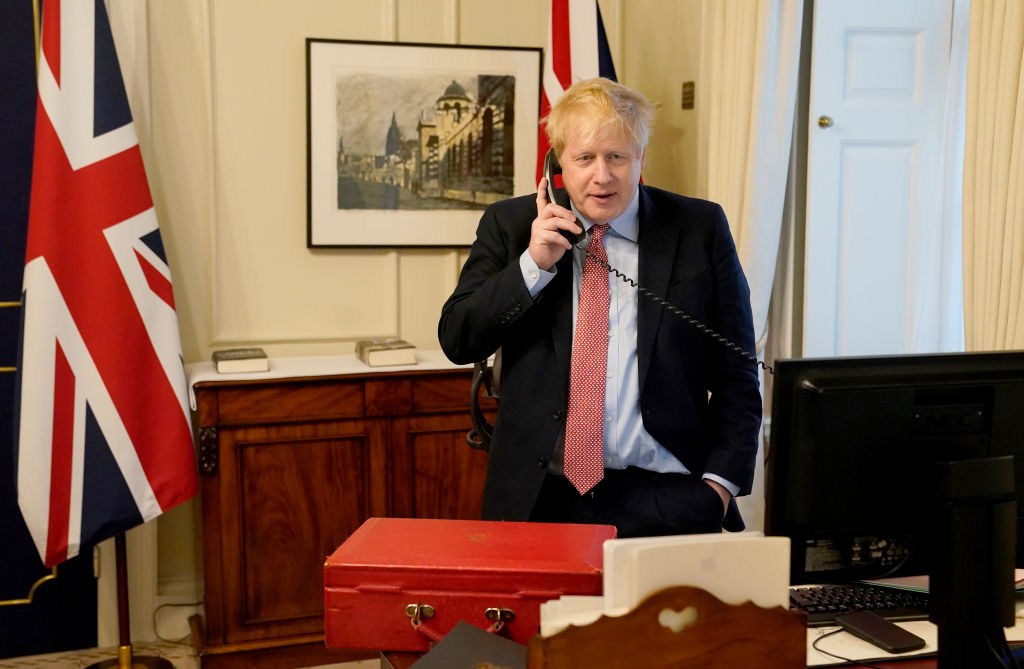
Boris Johnson
What does it tell us that so many left-leaning individuals took to social media this week in order to celebrate the news that British PM Boris Johnson has tested positive for coronavirus? Others stooped even lower and openly yearned for his death, complete with triumphal emojis and GIFs. It would simply never occur to most of us to revel in the illness of a fellow human creature simply on the grounds that he or she represents a political worldview that we find repellent. So why does this instinct come so naturally to those who, barely…
Comments
Share
Text
Text Size
Small
Medium
Large
Line Spacing
Small
Normal
Large












